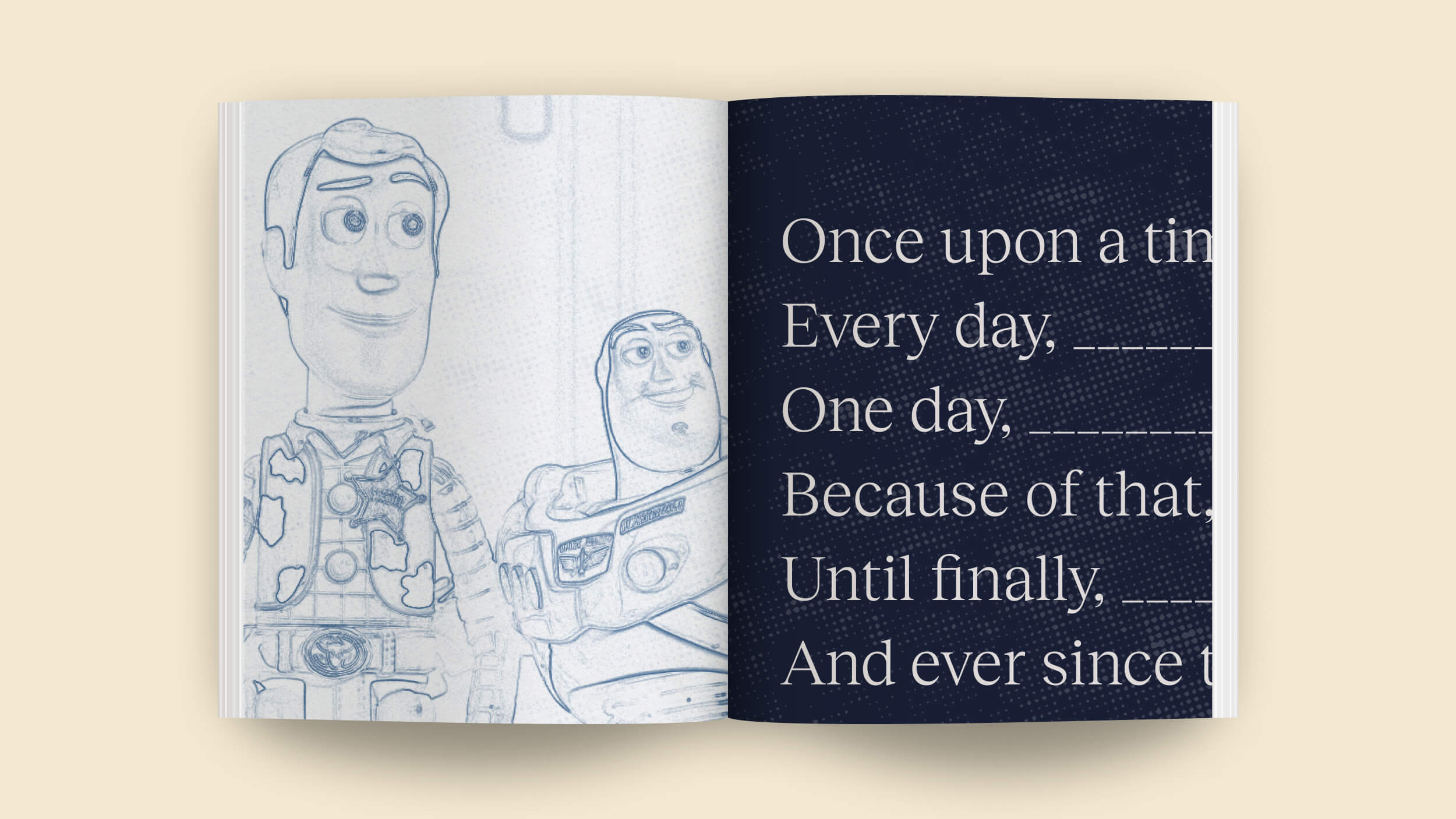Educational historian Diane Ravitch on child development, in school and out.
Diane Ravitch: The biggest consequences of No Child Left Behind having a totally unrealistic goal is that it demoralizes teachers and it creates a sense that public education is a failure, because public education cannot meet an impossible goal. Well, neither can any other part of our education sector. The charter sector can't meet an impossible goal, either. So what we’ve set into motion is making teachers feel like they’re being scapegoated, which they are, and making everybody associated with public education demoralized.
As a friend put it to me, “it’s folk wisdom that teachers are uniquely responsible for what happens to children.” But, actually, it’s not folk wisdom. There is a kind of a wiser understanding of how children grow and develop and learn that recognizes that children’s first educator is their family and that nurturance really matters.
On the first day of school, there is already an achievement gap between the children of the wealthy and children of the poor, and it’s also correlated with children from different ethnic backgrounds, where poverty and affluence matter a great deal as well. Children’s brains and children’s attitudes are formed in the first five years of life, and children’s opportunity to learn is affected by the homes in which they grow, the communities in which they grow, their respect for learning, their respect for teachers.
And so, on the one hand, the corporate reform movement will say teacher quality is all that matters. We care so much about teacher quality. On the other hand, millions of teachers are demoralized by their line about if the scores are low, it’s your fault. Nothing else matters. The family doesn't matter. Poverty doesn't matter. The social conditions don't matter. Only you matter. And what this does is to make teachers responsible for things beyond their control. They should certainly be responsible for what is within their control.
The other important part about this particular narrative is to recognize that teachers work in a community and that the current way of looking at things is to say we’re going to look at the students’ test scores and hold teacher A responsible for those students and teacher B responsible for those students. Teachers don't like this at all because they understand that teachers A, B, all the way through Z are working together and that the reading scores are affected not just by what happens in the reading class, not just by what happens at home, which is a mighty influence, but by what happens in the social studies class, by what happens throughout the school. So they work as a team. They work collaboratively. They don't want to be put into competition with one another and they want to be recognized as a team.
Directed / Produced by
Jonathan Fowler & Elizabeth Rodd





